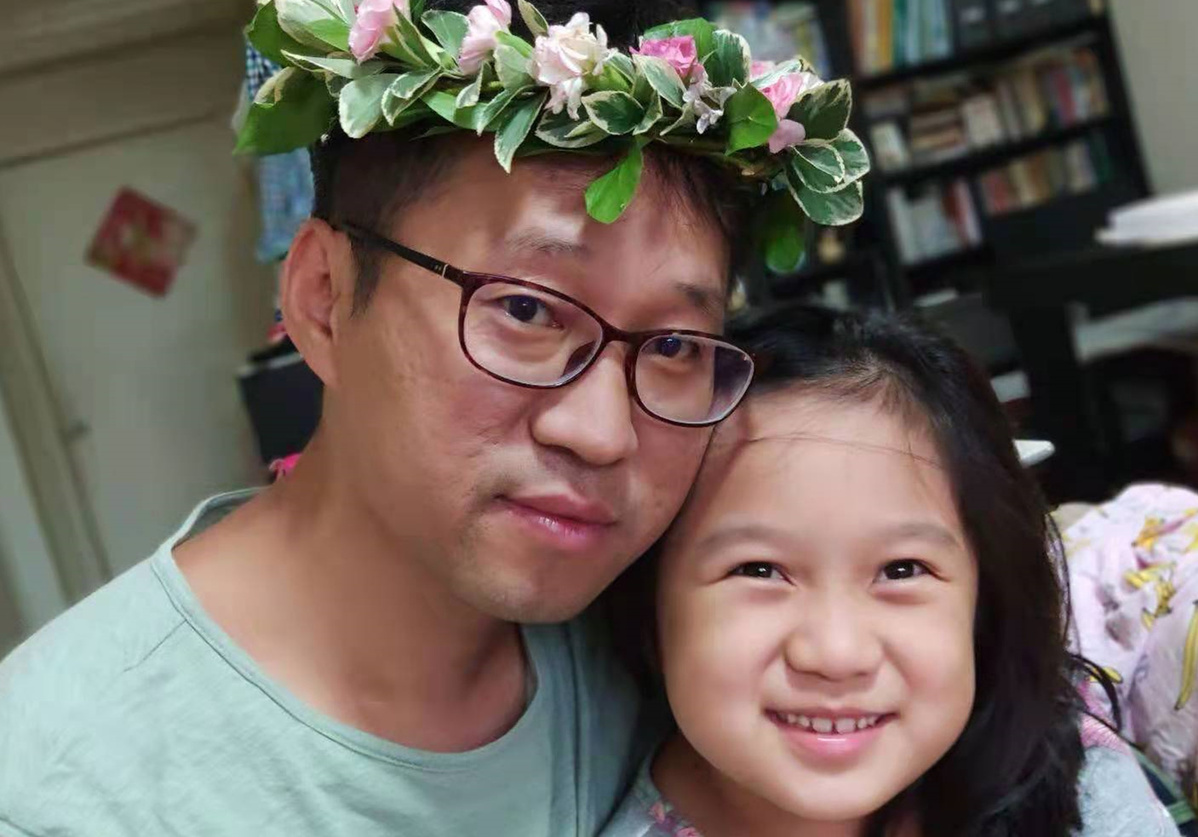'Shadow teachers' step into the spotlight
By Li Lei | CHINA DAILY | Updated: 2021-07-20 10:37

Integration drive
The presence of disabled students in regular classrooms dates back to the days following the founding of the People's Republic of China in 1949, mostly as a result of local initiatives, experts said.
The idea really began to gain traction nationwide in the late 1980s, though, when education authorities experimented by including a number of blind, visually impaired and intellectually disabled children in mainstream schools in Beijing and Hebei, Heilongjiang and Jiangsu provinces. The practice was later expanded nationwide.
The move offered an alternative to having such children attend special schools, which are usually less competitive academically and largely insulated from the outside world.
The effort reaped rewards, and 332,000 disabled students were enrolled at mainstream schools in 2018, government figures show.
According to a 2019 white paper on the welfare of disabled people, more than half the disabled school students in China have studied at regular schools in the past 10 years.
"But progress in terms of on-campus support has lagged behind in relative terms," said Qi, who quit his job as an accountant in 2017 to focus on his daughter's schooling.
Wei Wenxia, a single mother from Chongqing, understands the challenges such students face in integrated classes where support is absent.
She fought an uphill battle to get her daughter, who has autism, into a local mainstream school. Unable to hire a shadow teacher because of the cost, Wei promised to accompany her daughter to many classes.
The school has a "resource classroom" staffed by students from a local college who are majoring in special education.
However, when Wei's daughter was attending the school, the classroom was usually locked and the student educators were nowhere to be seen. In addition, Wei felt she had more understanding of autism than most of the special teachers.
When her daughter made it to the third grade, Wei found that the girl was becoming increasingly anxious in class, so she decided to let her quit school and have lessons at home.
"I sent my daughter to the school to better integrate with society. It would not have been worth going to all that trouble if her condition had worsened," she said.
Qi, a self-taught early development expert, said it is crucial that Guoguo and her peers attend mainstream schools, irrespective of difficulties that may arise. He was unwilling to allow Guoguo to be starved of interaction and other forms of stimulation during the "golden period" of her development by having her stay at home or by enrolling her at special education institutions, where the teachers tend to be overly protective.
Without proper stimulation, disabled children's linguistic and social capabilities wane over time, he said.
























